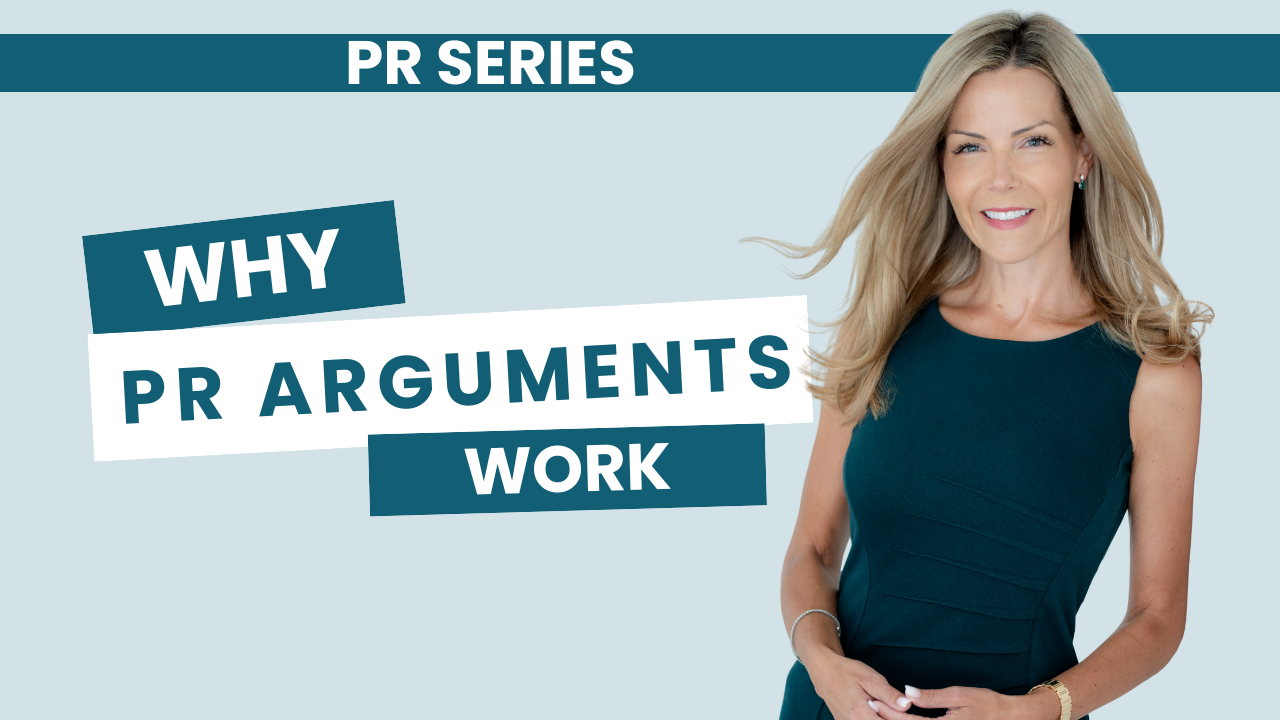By: Melissa Barlock
Things to consider when deciding where to work and ultimately live.

Advantages of Living in the (Urban) Big City
The big city: bright city lights, hustle and bustle, and endless entertainment…or noise, crime, and never-ending work days?
The country: nature, wide open spaces, and tranquil solitude…or miles of nothingness and boredom?
While there is no universally accepted definition of what constitutes a city and what constitutes the countryside, the differences are usually clear to those who inhabit them. Governments may delineate geographical boundaries for administrative, political, or statistical purposes, but residents tend to focus on lifestyle factors such as distance from a major city centre, total number of people, and neighbourhood density. Cities are highly urban (city or city-like) areas with a large and highly dense population, many buildings, and a well-developed infrastructure. Citizens generally earn their livelihoods through non-agricultural means.
The countryside, on the other hand, is a rural (country or country-like) area and is typically defined in opposition to urban areas: they have a small number of people and low population densities, small settlements with large amounts of undeveloped land, and less-developed infrastructures. For many country dwellers, agriculture is the chief source of livelihood, though that is not necessarily the case.
Although the dominant pattern of migration is typically from rural to urban areas, in this article and the next I’d like to make a case for either side of the debate. If you’re considering a change of pace, I hope to dispel any misconceptions you may have and offer insight into the advantages and disadvantages of living in both urban and rural locations, so that you can make a more informed decision.
Urban Advantages
More and better amenities
An amenity is something that is pleasant or beneficial, thereby increasing its enjoyment or value. If you live in a major city it likely has everything there is to offer in terms of education, goods and services, and arts and entertainment. As for education, cities tend to have more institutions and better opportunities (see below), along with greater access to public libraries. Cities also sell a greater variety of available products including everything from grocery to the latest technology and fashion wear. Services are also better, including efficient access to home delivery, public transportation including taxis and Uber, restaurants, and medical. Most neighbourhoods also have access to the latest high-speed internet and cellular services, which some rural areas may not offer. If you’re looking for self-improvement, cities offer almost anything imaginable from female-only gymnasiums to classes in cooking, suspension yoga, and medieval fighting (survival skills?). If you’re simply looking for entertainment, most major cities house a variety of attractions including public museums, zoos and aquariums, live theatre, national sports games, brewery tours, flight simulators, body painting classes, etc. Most cities also have a vibrant nightlife, where you can go out for a night of fine dining or attend a popular music or comedy club.
Convenience
Because the population and buildings are more densely combined in a city, most goods and services are usually a short distance away. As discussed, there is also a more complete variety of amenities, and services tend to be open later. Due to city planning, infrastructure is more robust, and public transportation more easily accessible; in many cases, owning a vehicle is hardly necessary. This is in opposition to the sprawl that characterizes many suburban and rural areas. Unlike many rural homes, property maintenance is usually a minor task or taken care of by property managers. If you order a lot online, mail delivery is usually quicker, and almost always arrives at your doorstep.
Education
If you’re planning on pursuing higher education, the majority of university and college campuses tend to be located in cities. While your choice to go to a city or rural college may ultimately come down to proximity to your hometown or other lifestyle preferences discussed in this article and the next, there are other advantages to going to college in a big city. For one thing, there are more options. That also means that more prestigious universities are likely to be located in
cities. There are also usually more openings for internships and off-campus employment related to your field of study. The opportunities may be better, too. For example, many dental specialists tend to be located in cities, where it is more economical to learn and perform their services. These factors may not apply to you, and there are exceptions, so it is always a good idea to do your homework and look for potential opportunities in advance. In addition to the aforementioned possibilities, you’ll likely add a larger and more diverse amount of people to your social network, creating valuable connections that can boost your burgeoning career. You’ll also be within range of many public events and classes, and in close proximity to other colleges and entertainment for people of similar ages. With your student ID you’ll also be able to take advantage of discounted rates on transportation, off-campus dining, and other perks. Another factor to consider is that after your first year you’ll have an easier time finding off-campus residence because landlords near colleges tend to cater to students.
Employment opportunities
Whether or not you went to school in the city and have connections there, the city generally has more and better employment opportunities. In fact, urbanization is the result of societies converting from more agrarian to industrial systems, as people moved to the city to look for work. In the modern era, the city continues to be a hub for business and finance.
Variety of accommodations
Castles, mansions, skyscrapers, bungalows, townhomes, lofts, multiple family one and a half-story Georgian style semi-detached homes, yurts…you name it, the city’s got it!
Social life
More people, plus more things to do, plus convenience adds up to a better social life, or at least a more exciting one. There’s usually greater diversity, too. Your friend keeps sending you Candy Crush requests on Facebook? That’s okay, just make a new friend and hang out with them instead (kidding obviously).
Safer (in some ways)
Closer proximity to government services like EMS, hospitals, police departments, fire stations, rescue, and hazmat can make living in a city safer, particularly for those who are older or chronically ill.
Next week I will talk about the advantages of living and working in rural areas. Stay tuned!
Enspire Dental Opportunities is looking forward to working with you.












